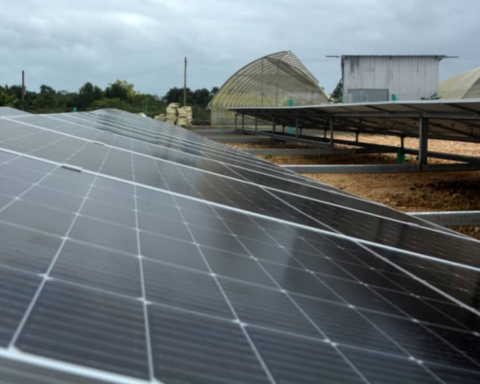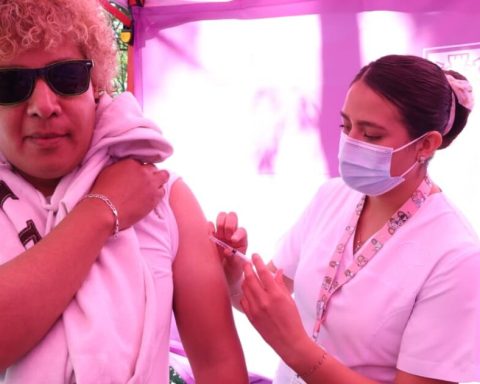The managing director of International Monetary Fund (IMF)Kristalina Georgieva, took stock of the world economy in 2024 and highlighted the changes in Argentina’s economic policy as “the most impressive case in recent history.”
In a meeting with a group of journalists at the Fund’s headquarters in Washington, Georgieva said that in 2024 “in many countries we have seen a change of gear on the public policy front and the most impressive case in recent history is Argentina, where the effects have been profound, with the implementation of a solid stabilization and growth program.
The head of the IMF reflected on a year that has seen a record number of people called to the polls in the world and several important political changes in several countries, including Argentina, which in November 2023 saw the victory of the ultra-liberal Javier Milei after the return of Kirchnerism four years earlier.
IMF Director analyzes Argentina’s debt
Milei, who has met several times with Georgieva, presented a plan for profound fiscal and economic policy reforms with the aim of putting an end to hyperinflation and the so-called exchange rate “trap”, which has caused a crisis among the lowest-income people. income, but that the Fund supports because in the medium term it can stabilize the Argentine economy.
Argentina is the largest debtor to the IMF and Milei’s team and the Minister of Economy, Luis Caputo, are negotiating with the institution a new program of funds and reforms that will allow it to progressively lift regulations on the use of foreign currencies.
Georgieva also analyzed the challenges of 2025 today and said that the IMF expects global growth to be maintained and the pace of disinflation to continue, something that it will detail next Friday the 17th in the presentation of a new Global Economic Prospects Report.
However, Georgieva said much of that growth will continue to come from the United States, which “is performing somewhat better than we expected before.”
The managing director of the Fund also highlighted that the European Union is “in some way, stagnating”; Brazil has had to face “higher” inflation, while China has faced the opposite and “any new shock can affect them quite negatively on the inflation side.”
“Overall inflation is converging to targets in advanced economies sooner than in emerging markets, and the story is similar in (GDP) growth, where we see some divergence between countries, with progress stalled in some,” he said.
Georgieva also highlighted the “impressive” productivity growth in the United States that contrasts with the rest of the rich economies, something that in her opinion requires “deep” reforms to take advantage of the advantages of innovation and the growth of new companies and job creation. .
Take advantage of the NEW EXPERIENCE, receive our enriched digital newspaper by mail and WhatsApp. Peru21 ePaper.
Now available in Yape! Find us at YAPE Promos.















